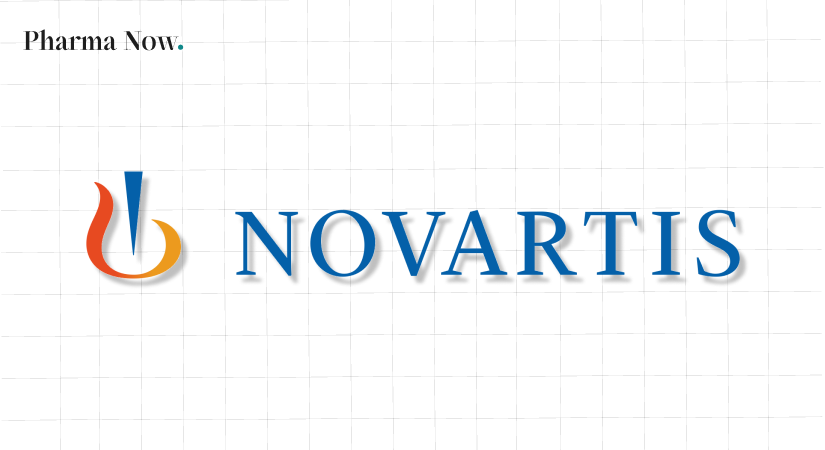Novartis’ Ianalumab Achieves Sustained Disease Improvement In Phase III Sjögren’s Trials
Novartis’ ianalumab shows significant Phase III success in Sjögren’s disease, improving disease activity and symptoms through week 52.
Breaking News
Oct 30, 2025
Vaibhavi M.

Novartis unveiled new Phase III data for ianalumab in Sjögren’s disease, the second most common rheumatic autoimmune disorder, during a late-breaking presentation at the American College of Rheumatology (ACR) Convergence. The findings from the global NEPTUNUS-1 and NEPTUNUS-2 trials demonstrated that monthly treatment with ianalumab 300 mg provided clinically meaningful benefits, improving disease activity and reducing overall patient burden compared to placebo. Improvements were observed as early as week 16 and sustained through week 52, based on the EULAR Sjögren’s Syndrome Disease Activity Index (ESSDAI).
“Today’s results reinforce our confidence that ianalumab has the potential to transform the treatment of this complex disease where no targeted medications currently exist,” said Shreeram Aradhye, M.D., President of Development and Chief Medical Officer at Novartis. “We look forward to working with health authorities globally to bring this innovation to people with Sjögren’s disease, the second most prevalent rheumatic autoimmune disease.”
Ianalumab is a fully human monoclonal antibody featuring a dual mechanism of action—it depletes B cells and simultaneously blocks BAFF-R signaling, thereby preventing B-cell activation and survival. Since B-cell dysfunction is a central driver of Sjögren’s pathogenesis, the therapy’s targeted approach represents a novel strategy for addressing the underlying autoimmune inflammation and tissue damage associated with the disease.
“Sjögren’s disease is a debilitating autoimmune condition affecting multiple organs causing a wide spectrum of symptoms such as dryness, fatigue, pain, and an increased risk of lymphoma – that together may create a substantial disease burden,” says Professor Xavier Mariette, Head of Department of Immuno-Rheumatology, Bicêtre Hospital, Assistance Publique - Hôpitaux de Paris, Paris-Saclay University, France. “The NEPTUNUS trials were the first Phase III studies in Sjögren’s in which a treatment significantly improved disease activity and demonstrated that ianalumab has the potential to provide a clinically meaningful benefit to patients.”
Conducted across 219 sites in 35 countries, the NEPTUNUS studies showed statistically significant ESSDAI improvement at week 48 with ianalumab versus placebo. Patients also demonstrated consistent numerical gains in secondary outcomes, including low disease activity rates, improved Physician and Patient Global Assessments, and reduced dryness, pain, and fatigue. Additionally, ianalumab improved stimulated salivary flow and oral dryness in a post-hoc subgroup analysis. The safety profile was favorable, with adverse and serious adverse event rates comparable to placebo, supporting the potential of ianalumab as a promising therapy for patients with Sjögren’s disease.
